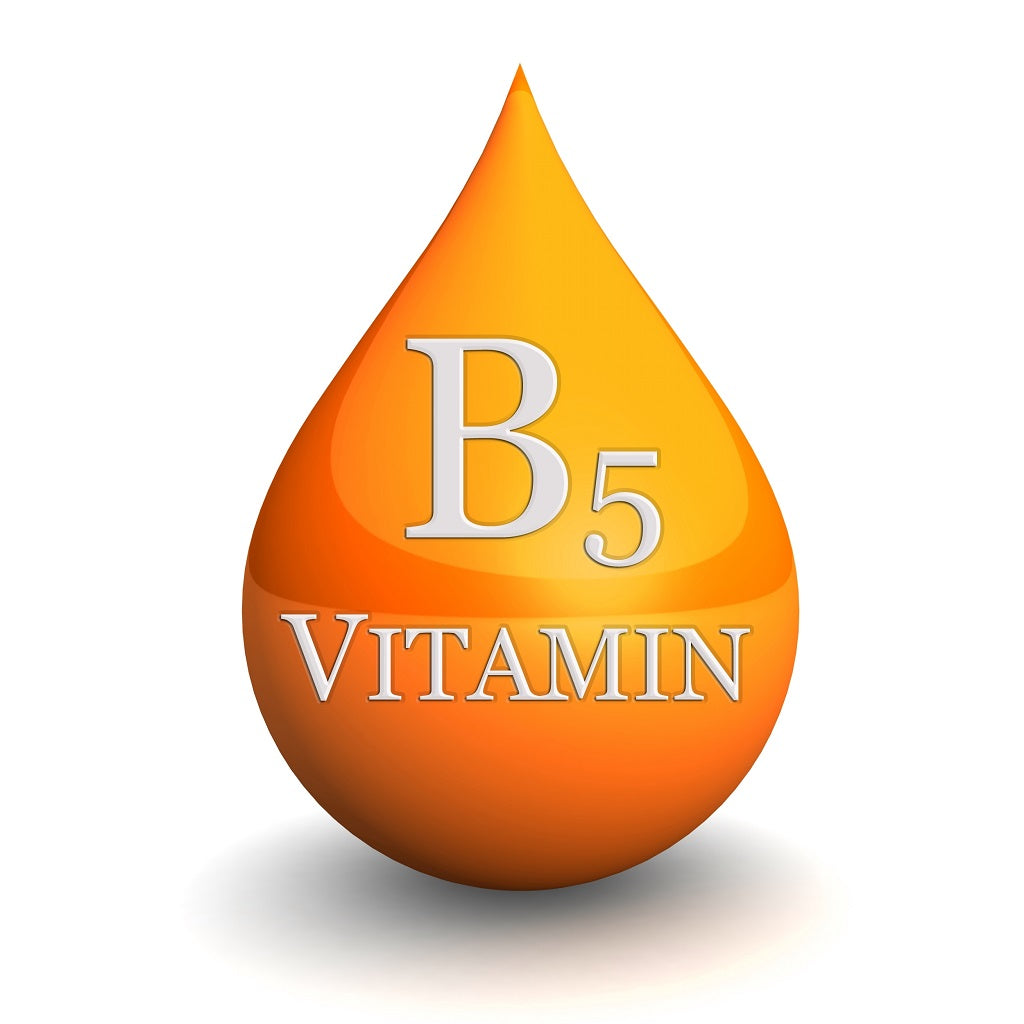Nowadays, people have become very conscious of choosing their personal care and cosmetic products. Consumers have become more educated, more conscious about the products they are purchasing and the effect it has on their skin, body. It has now become a very common practice to go through the list of ingredients in order to know about the product and its effect. When you go through the label you are sure to come across the word HEC (Hydroxyethyl Cellulose) in your hair care or skincare products. I am sure you must be wondering what is Hydroxyethyl Cellulose and what is it used for? Let’s find more about this wonderful ingredient and how is it beneficial when used in cosmetics, personal care products.
What Is Hydroxyethyl Cellulose?
Hydroxyethyl Cellulose is a non-ionic, water-soluble polymer that thickens, binds, forms a thin coating, emulsifies, stabilizes, disperses, retains water and provides a protective colloid action. It is a rheology modifier which is derived from cellulose, a chemical compound found in the cell walls of the plant. It gets dissolved in water easily and forms liquids of various viscosities. Because of it colloid action, Hydroxyethyl Cellulose is used in gels, sols, emulsions, hence widely used in beauty products and personal care products. It is used in the manufacture of crystal clear gels and thickens the aqueous phase of cosmetic emulsions.
Hydroxyethyl Cellulose is known to exhibit thickening property it is effectively used in the manufacture of many shampoos, conditioners, body washes, hair gels, hand washes, shower gels, body lotions and moisturizing creams. In cosmetic products, polymers or gums are known for providing stability and thickness thereby improving the look and texture. The R grade of Hydroxyethyl Cellulose is used in the cosmetic industry as it does not form lumps when dissolved in water. The temperature and the pH level of water are also deciding factors on how quickly Hydroxyethyl Cellulose gets dissolved in water.
Also Read : Ingredients In Depth - Hydroxyethyl Cellulose
How Is Hydroxyethyl Cellulose Made?
Hydroxyethyl Cellulose (HEC) is a colourless, odourless, tasteless and non-ionic white to pale yellow granular powder which gets readily dissolved in hot and cold water but it is highly insoluble in most organic solvents. Hydroxyethyl Cellulose is made by mixing purified cellulose with sodium hydroxide to produce swollen alkali cellulose. The alkali cellulose thus formed, is more reactive than cellulose. This alkali cellulose is then reacted with ethylene oxide and a series of Hydroxyethyl Cellulose esters is produced. The purified HEC or Hydroxyethyl Cellulose which is known for its thickening and stabilizing properties is used extensively in the manufacture of cosmetics and personal care products.
How To Use Hydroxyethyl Cellulose In The Formulation?
Hydroxyethyl Cellulose is a gum which can be used in skincare and haircare formulation effortlessly but it must be fully dissolved in water to avoid the formation of lumps and fish eyes. Fish eyes are the clumps that get formed when an ingredient which is in the powdered form is added to water without properly hydrating it. Make sure that it gets completely dissolved in water by using a hand blender while mixing Hydroxyethyl Cellulose and keep adding the powder gently to the water. When you notice that the water phase starts thickening, then you need to increase the speed of the blender. The concentration of Hydroxyethyl Cellulose should be between 0.5% to 2% in the formulations.
Role Of Hydroxyethyl Cellulose In Cosmetic Industry
Hydroxyethyl Cellulose is used extensively in skincare and hair care products because of its thickening property. Due to its binding, film-forming, emulsion stabilizing, stabilizing and viscosity controlling properties, Hydroxyethyl Cellulose has found a key role in the cosmetic industry. It helps to improve the texture and appearance of cosmetics and personal care products. This plant-based amino-acid derivative is used as a preservative, emulsifier, thickener and binder in most of the cosmetic products. It is also known to provide colloid protection and can be thickened or thinned and used for varied purposes in a variety of cosmetic products and personal care products. Hydroxyethyl Cellulose or HEC is used in cosmetic and personal care products because of its gelling and thickening properties. It is used in the manufacture of crystal clear gel formulation and in providing thick and rich consistency to facial creams, body lotions, moisturizers, shampoos, conditioners, serums, body washes and mousses.
Also Read : 10 Reasons To Incorporate Wheat Amino Acids In Your Hair care Regime
Benefits Of Hydroxyethyl Cellulose In Hair Care Products
Hydroxyethyl Cellulose is extensively used in hair care products. HEC is not directly beneficial to your hair, but when added to the hair care products it gives a thick and creamy texture to your favourite hair care and personal care products. Hydroxyethyl Cellulose acts as a thickening agent in your hair care products. Lets us get into the details of HEC and know what are its benefits in hair care products.
- It acts as an excellent thickening agent which enhances the texture and appearance of the hair care products by modifying the viscosity of the products.
- Among all the natural polymers, Hydroxyethyl Cellulose is the best polymer which creates crystal clear serums and gels, softer creams and lotions with enhanced cleansing properties in the hair care formulations.
- It helps to enhance the mechanism for other activities in the hair care formulations.
- It is known to enhance the foaming action of the surfactants, thereby allowing less usage of the surfactants in your shampoo or conditioners making it all the more gentle on your scalp and hair.
- It helps to increase the stability of your hair care products.
- It also increases the shelf life of your hair care and personal care products.
- This water-soluble polymer provides colloid protection to hair care products.
- It provides viscosity control in your hair care products by thickening or thinning accordingly to provide the desired consistency which is effectively used in a variety of beauty products.
- It helps to enhance the cleansing properties of your shampoos by enhancing the foaming and lather formation property of your hair care products.
- It is a key ingredient in major hair gels and serums as Hydroxyethyl Cellulose gives a better hold to your hair making it soft and smooth, without making it greasy and flaky.
- It is considered to be the easiest polymer gum to work with, as it can be added to the water phase at the end and gets hydrated easily with moderate stirring.
- Though Hydroxyethyl Cellulose enhances the viscosity of your hair care product but it gets easily and evenly spread on the surface of your strands forming a thin protective coating over it.
Because of these beneficial properties, Hydroxyethyl Cellulose is used extensively in hair creams, hair styling gels, styling serums, hair sprays, shampoos and conditioners (rinse out and leave in). HEC in your hair care products makes your hair soft, smooth and more manageable.
Uses Of Hydroxyethyl Cellulose
Due to the thickening, stabilizing, film-forming and viscosity controlling properties, Hydroxyethyl Cellulose is extensively used not only in beauty and personal care products but also in the manufacture of household cleaning products, pharmaceutical industry and construction industry as well.
- Hydroxyethyl Cellulose is used in household cleaning products such as detergent, hand washes and hand sanitizers.
- In the pharmaceutical industry, Hydroxyethyl Cellulose is used as a drug solvent and as a suspending agent.
- Hydroxyethyl Cellulose is used in the manufacture of latex paints, tile adhesive and mortars.
Thus, Hydroxyethyl Cellulose because of its myriad beneficial properties serves for multiple purposes in our daily life.
Side Effects Of Hydroxyethyl Cellulose
Hydroxyethyl Cellulose is considered to be safe and gentle for topical use. In some extreme cases minor burning, stinging or itching may occur temporarily. Sometimes vision may be blurred temporarily, but if the condition persists then you may need to consult a doctor. There is very little possibility of an allergic reaction on the skin due to this product, but sometimes you may see allergic reactions such as rashes, swelling, itching, dizziness and breathlessness. If the symptoms persist for a longer time then you should immediately discontinue its use and seek a doctor’s advice.
Disclaimer: All the content on anveya.com/blogs is solely for information. It is not intended to be a substitute for professional medical advice, diagnosis or treatment. Always seek the advice of your physician or a qualified health care provider. The information, suggestion or remedies mentioned on this site are provided without warranty of any kind, whether express or implied.




1 comment
Laura McMillian
Does the thickening get inhibited by certain types of surfactants? I can’t get my homemade shampoo to thicken enough, no matter how much hydroxyethylcellulose I add. I tried heating it, but that only helped a little. Thanks.
Does the thickening get inhibited by certain types of surfactants? I can’t get my homemade shampoo to thicken enough, no matter how much hydroxyethylcellulose I add. I tried heating it, but that only helped a little. Thanks.